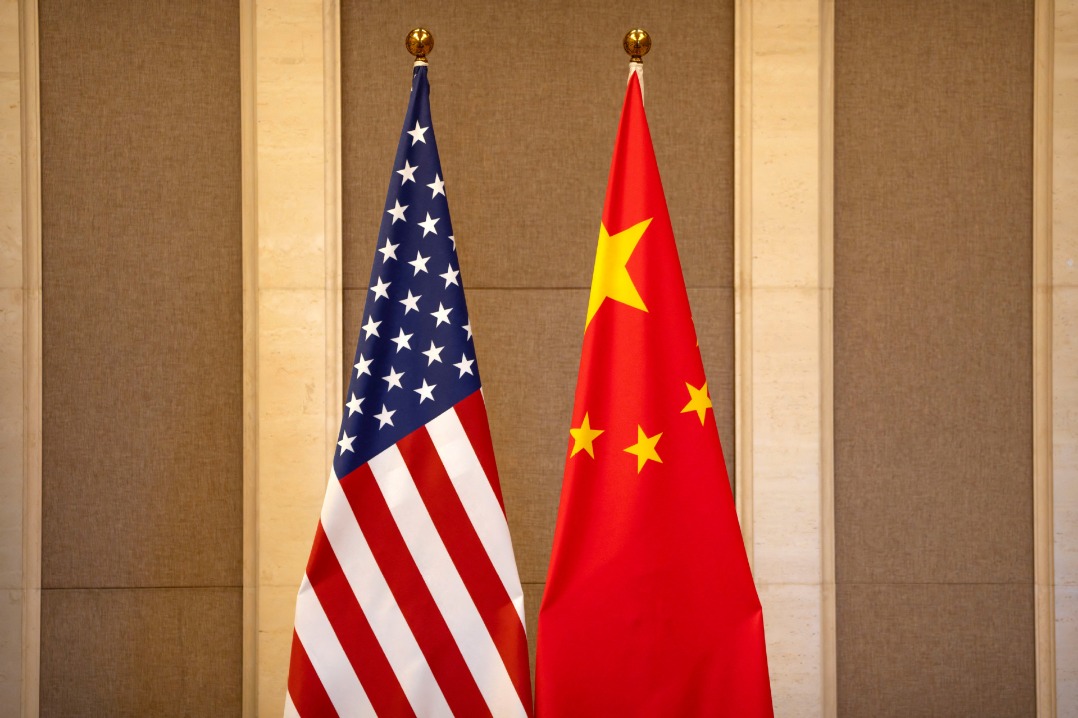US 'plunder' of Syrian oil condemned

Draining of limited resources worsens hardships and instability, experts say
The alleged plunder of Syrian oil by the United States and its proxies will only worsen conditions in the sanctions-hit country as it struggles to rebuild after years of war, experts say.
They also say the consumption of Syria's limited resources by the hegemonic power and its proxy groups in the troubled nation will encourage militancy and undermine efforts to stabilize the wider region.
The Syrian Arab News Agency on July 16 reported that US occupation forces had reportedly moved a convoy of 40 vehicles carrying Syrian oil plus logistical and military equipment toward Iraqi territory.
On Friday, the Syrian Foreign Ministry slammed the presence of US forces in the country's northeast and accused the US of plundering Syrian oil in an attempt to obstruct a political solution and undermine attempts to bring stability and security.
It said the way Washington is acting and its unlimited support of terrorist groups show "the hypocrisy of the US in the region", a situation that is "no longer acceptable" either morally or politically.
Omer Behram Ozdemir, a Levant expert at the Center for Middle Eastern Studies in Turkiye, said the consumption of Syria's resources by the US and terrorist-linked groups "will undermine the stability and rebuilding efforts of the region".
"It is a fact declared by former president Donald Trump that US oil companies operate under the protection of YPG or SDF militias and American military forces in the east of the Euphrates," said Ozdemir, referring to an armed Syrian offshoot of the Kurdistan Workers Party and the Syrian Democratic Forces.
Last year, US President Joe Biden decided not to renew a waiver that allowed a politically linked US oil company to operate in northeast Syria under Trump's pledge to "keep the oil".
The waiver for Delta Crescent Energy was issued in April 2020 after Trump said he wanted to keep some US troops in the oil-rich region to maintain control of oil profits.
With Syria under targeted sanctions, the US Treasury Department prohibits most US companies from doing business in the country.
US military forces entered Syria in 2014 and the country still has 900 troops there.
The Syrian government has repeatedly called for the withdrawal of US forces from the country. It considers their presence an occupation.
"The fact is, that the scarce resources of Syria, which is experiencing economic destruction, are under the control of terrorist elements and will hamper the possibility of a multinational consortium for reconstruction," Ozdemir said.
"On the other hand, the fact that Syria's limited resources are not used for the benefit of the country will intensify the livelihood problem in the country in the medium term," he said.
Since the civil war broke out in 2011, Syria has been divided into enclaves, displacing millions and fueling a humanitarian crisis. The country has yet to recover as rebuilding efforts have largely been hampered by sanctions, corruption, and proxy wars fought by domestic forces and worsened by foreign interference.
Osama Rizvi, an energy and economic analyst at data monitor Primary Vision Network, said the theft of Syrian oil was "nothing new".
Last year, international aid agency World Vision, which partnered with microeconomics consultancy Frontier Economics on a study, estimated that the economic cost of the conflict in Syria after a decade was more than $1.2 trillion.
"We need a cultural, social, economic and political reconstruction of Syria. It is still subject to many a great power's great game. Syrian oil production has already fallen by a staggering 90 percent as compared to its peak," said Rizvi.
"Inflation in Syria remains in double digits and so have food prices. The current geopolitical challenges remain a challenge to the common man of war-torn Syria."
In March, Reuters reported that Syrian inflation hit 140 percent at the start of 2022.
Xinhua contributed to this story.

































